It is easy to see that 2008 is a time in which it is quite challenging to decide to be a Ben or Bat Noach. One crystal clear reason is the fact that the Holocaust just occurred. To be a Ben or Bat Noach in this time, so soon after the most violent act in the history of man, is to stare at that wreckage and to shout to the world that you want better, that whatever it is in a person that caused that to happen is not what you are about on any level. That takes nerve because it might seem fruitless. And you aren’t just shouting it to the sky, you are saying it to real Jewish people who may have had relatives who were murdered, or who were locked in camps, or whose lives were wrecked. Or, like me, you may have grown up with people or currently know people who remember it because they were there.
On a daily basis the increasing numbers of Bnei Noach in the world means that Jews and non-Jews, especially Orthodox Jews, are entering into discussions that perhaps many Jews never thought they would be having with a non-Jew. You mean you want to learn Torah? And you aren’t trying to convert me? Having that discussion means trusting a non-Jew who many may feel shouldn’t be trusted. And any sane Ben Noach who is willing to put aside his ego for a few moments can understand this. To trust a non-Jew after the Holocaust is sort of like claiming that on some level one can understand why the Holocaust occurred, a claim that is impossible to make. To look a non-Jew in the face and to say, “I trust you” is to say that one can see something different in that Gentile; perhaps this is not the kind of person who would hurt a Jew. That takes guts. And faith.
To attempt to rebuild trust in the wake of such a horror, such a monumental crime against Hashem, humankind, and the planet earth — this takes a special breed of person from both sides of the divide. Were I on the other side I don’t know that I would have the fortitude and the faith to do it. Yet here I am writing for an Orthodox Jewish website, and here you are perhaps a non-Jew, reading this essay. And this has happened because there are Jewish people who love Hashem and His creations and Torah so much they are willing to extend a hand and open up and take a chance. It truly moves me to tears.
And here you are, perhaps a non-Jew, who is willing to commit to a way of life that many Jews don’t understand, even many actively religious Jews, and the vast majority of non-Jews have never even heard of. You are willing to work to forge relationships, to learn about cultural customs and attitudes that may be foreign to you, and to put yourself into potentially embarrassing situations. You are willing to be a partner in creating something new from something very ancient. You are willing to extend a hand in friendship to people who may not trust you at all. I for one, love you for that. Truly.
There is something unique in the Jews and non-Jews who are willing to stare such an intimidating and messy situation as this in the face and proceed, despite all of the obstacles. You’re my people! People who are so filled with love of Hashem, of life, of humanity make me want to wake up in the morning. And increasingly there are Jews who are willing to teach us, rabbis who will answer our questions and guide us in personal matters, folks who make a space for us at their table literally and metaphorically. And increasingly there are non-Jews who are bold enough to embrace Hashem and Torah and to learn how to read from right to left in a new aleph bet.
This is a quote from Advice, page 92. It’s from Rabbi Nachman, by way of his disciple Rabbi Nathan, by way of Avraham Greenbaum, who translated Rabbi Nathan’s words.
When God appears to reject us, His purpose is really to draw us closer. A person who wants to draw closer to God often finds that all kinds of hardship and suffering and other obstacles descend upon him, at times with great force. He may start thinking that he is deliberately being rejected. But really these experiences are very beneficial and they serve to draw him closer. The most important thing is to be very firm and resolute, to stand up to the test and not let oneself be deterred by the suffering and obstacles and the sense of rejection. It is a mistake to think that one is being rejected. He should have simple faith that whatever he has to go through is for his own good — to bring him to strengthen himself and draw even closer to God. The whole purpose of the apparent rejection is to draw him closer to God. (74)
It is clear that any person on earth could benefit from internalizing this concept. It is enormously liberating. It is a paradigm shift. It is a key and vital spiritual principle. It’s sort of like turning into the skid when you are driving a car in the snow and feel the tires slipping. To say, “This too is for the good” in the face of pain and fear requires what is sometimes a giant leap of faith. When the obstacles of being a Bat Noach in this era begin to weigh me down, I return to this principle and almost always I spring back in a way that once upon a time in my life I would not have been able to do. This is by the grace of Hashem and because of the wonderful rabbis I know – like the ones at Breslev Israel – who have the patience and the willingness to answer question after question and accompany us on our spiritual journey.
Earlier, I said it is challenging for Bnei Noach to do what we do in this era. Let us all remember everyday that the challenges we face in building our community are nothing in comparison to what Jewish people have had to face since the first days of the religion. We are so gigantically blessed to be the people who can usher in, God willing, a new time of loving friendship and cooperation and above all a return to the truth of Torah. We must let the scariness and the awkwardness and the work push us towards the Source of all the answers and towards each other with open arms.




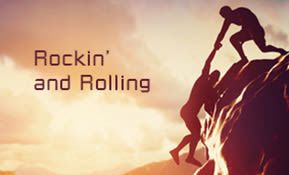

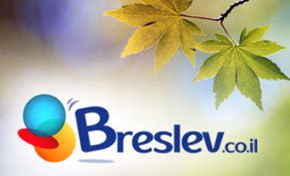
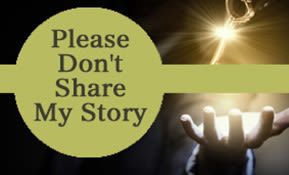
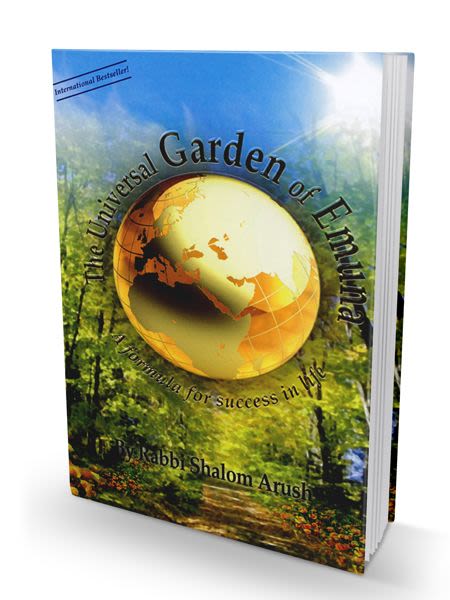
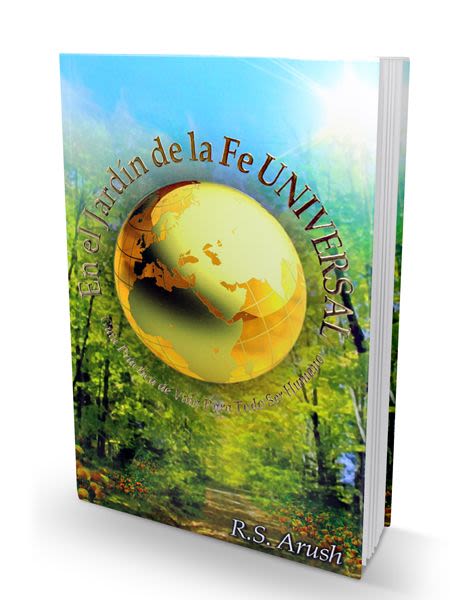
Tell us what you think!
Thank you for your comment!
It will be published after approval by the Editor.